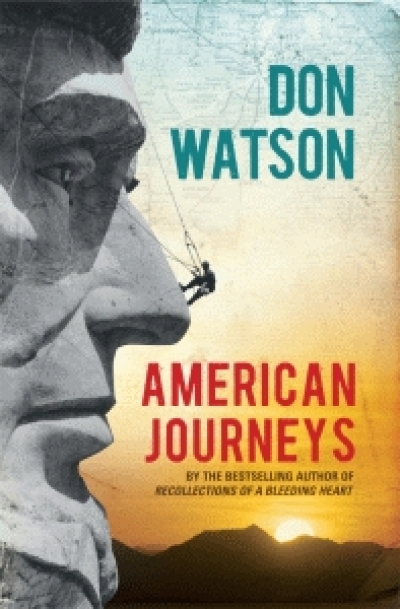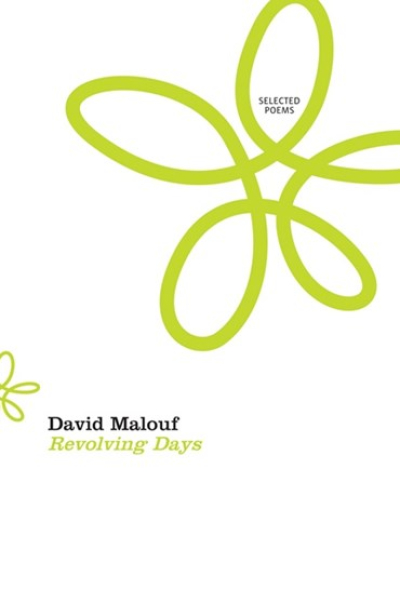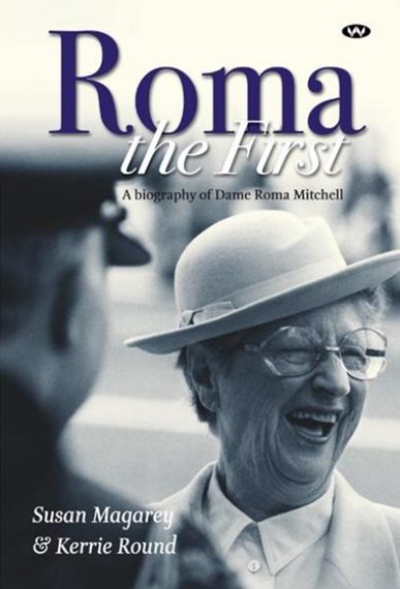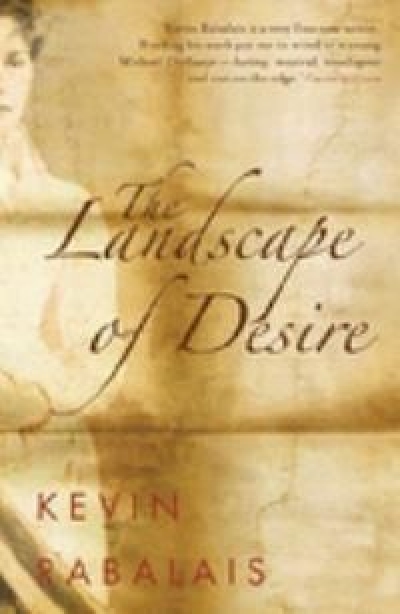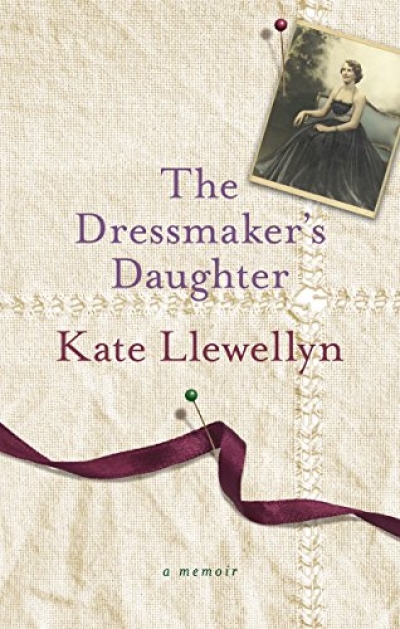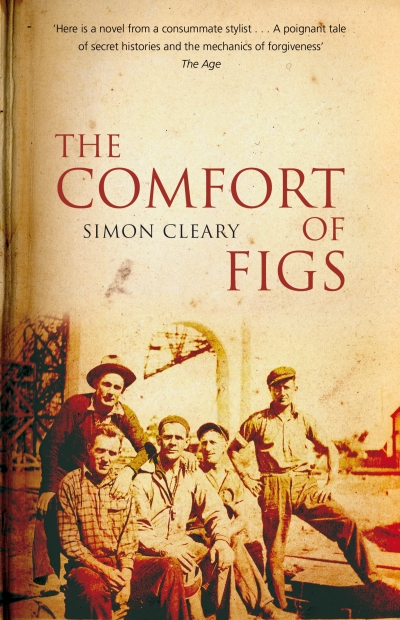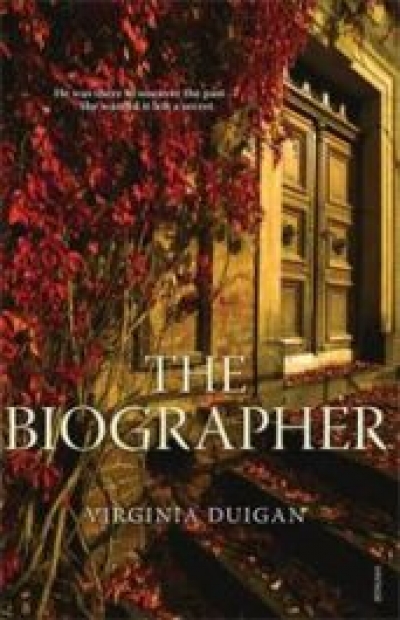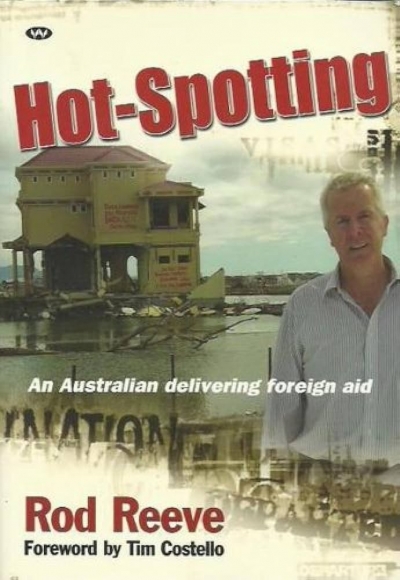Archive
communication / community / commune / communion / common : mingle together as one
Let us begin with two remarkable observations:
1. Apes cannot speak
2. Apes cannot play a piano
Why should this be the case? After all, great apes such as chimpanzees and gorillas are our closest living relatives, and share most of our genetic heritage. They have well-formed hands that they can use to manipulate their environment. Their brain is more like ours in its structure and organisation than that of any other animal; from it they generate some disturbingly familiar behavioural traits.
... (read more)Roma the First: A biography of Dame Roma Mitchell by Susan Magarey and Kerry Round
If two swallows do not a summer make, two novels, no matter how similar, are no doubt insufficient to start a new literary sub-genre (no matter how ‘sub’). On the other hand, fashion is said to reflect the Zeitgeist; and biography, in this turbulent millennium, has become both favoured and fashionable. Is it possible then that quite soon a small shelf of the loc ...

